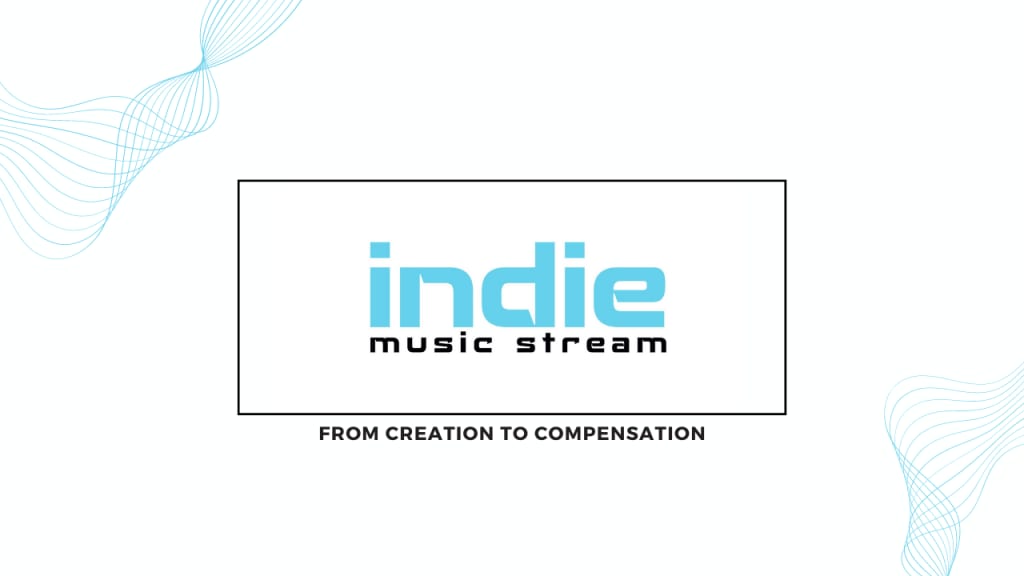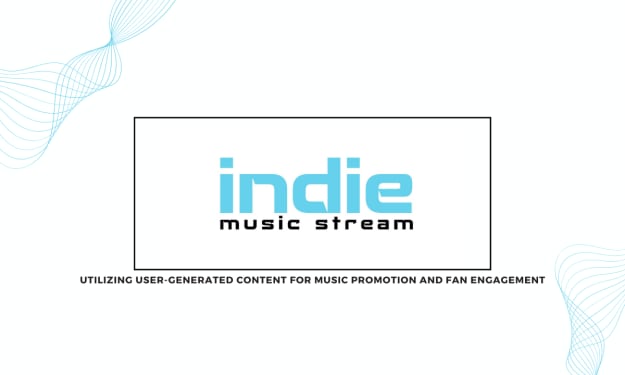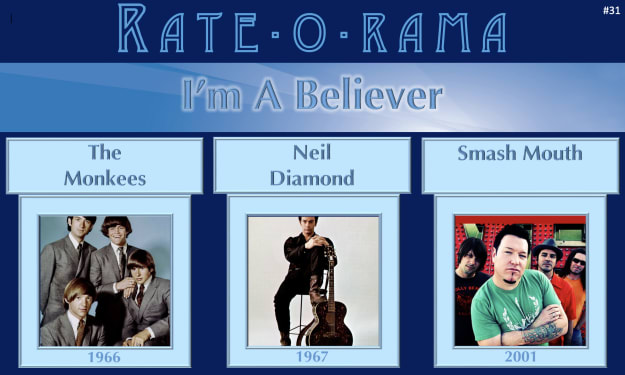From Creation to Compensation
A Musician's Guide to Royalties and Licensing

Navigating the complex world of music royalties, licensing, and copyright can be a daunting task for independent artists. It's essential to understand the various revenue streams and legal protections that can ensure fair compensation for your creative work. This comprehensive guide will provide tips and tricks for independent artists to successfully manage music royalties, licensing, and copyright, helping them thrive in the music industry.
Copyright Basics:
Copyright is the legal protection granted to the creators of original works, including music compositions and sound recordings. In the music industry, copyright ensures that artists retain control over their creations and are compensated when their work is used or reproduced. As an independent artist, it's crucial to register your songs with the U.S. Copyright Office to protect your rights and establish ownership.
There are two primary types of copyright relevant to musicians: composition copyright and sound recording copyright. Composition copyright covers the music and lyrics of a song, while sound recording copyright protects the specific audio recording of the composition. Independent artists who write and record their own songs typically hold both types of copyright.
Music Royalties:
Music royalties are payments made to artists and copyright holders for the use of their copyrighted works. Royalties are a critical source of income for musicians and can be derived from various sources, including streaming platforms, radio play, and physical sales. Here are the primary types of music royalties independent artists should be familiar with:
Mechanical Royalties: These are royalties paid for the reproduction of copyrighted music, such as the sale of physical CDs or downloads. Mechanical royalties are typically collected by a mechanical rights organization, like the Harry Fox Agency in the U.S.
Performance Royalties: Performance royalties are generated when a copyrighted work is performed publicly, either live or through broadcast (TV, radio) or digital streaming platforms. Performance rights organizations (PROs), like ASCAP, BMI, or SESAC, collect these royalties on behalf of artists.
Synchronization Royalties: Sync royalties are earned when copyrighted music is used in visual media, such as film, television shows, commercials, or video games. Sync licenses are negotiated directly between the copyright holder and the party seeking to use the music.
Neighboring Rights Royalties: These royalties are associated with the public performance of sound recordings, such as radio airplay or streaming. Neighboring rights organizations (NROs) like SoundExchange collect these royalties on behalf of recording artists and labels.
Licensing Tips for Independent Artists:
Music licensing is the process of granting permission for the use of copyrighted music in exchange for payment. By licensing their music, independent artists can generate income and gain exposure for their work. Here are some tips for successfully navigating the world of music licensing:
Register with a PRO: Join a performance rights organization (PRO) to ensure you receive performance royalties for your music. PROs collect royalties on behalf of artists and distribute them according to their respective shares in a composition.
Distribute your music through reputable platforms: Use well-established digital distributors, such as DistroKid, CD Baby, or TuneCore, to ensure your music is available on popular streaming platforms and eligible for royalty collection.
Network with music supervisors: Building relationships with music supervisors can increase your chances of securing sync placements. Attend industry events, join online communities, and engage in social media to connect with professionals in the field.
Create high-quality, licensable music: Ensure your music is well-produced, professionally mixed and mastered, and free of uncleared samples. This will increase your chances of securing licensing deals and generate more revenue.
Research and submit to music libraries: Music libraries can help independent artists secure licensing opportunities by pitching their music to clients in film, television, and advertising.
Research reputable music libraries and submit your tracks according to their guidelines. Some popular music libraries include Audio Network, Musicbed, and PremiumBeat.
Consider working with a publishing administrator: A publishing administrator can help you manage your composition copyrights, collect mechanical royalties, and secure licensing deals. Companies like Songtrust or Sentric Music offer these services for independent artists.
Stay informed about industry trends: Keep up-to-date with developments in the music licensing world by following relevant news sources, participating in industry forums, and attending conferences and workshops.
Be patient and persistent: Securing licensing deals can take time and effort, but persistence and dedication can pay off in the long run. Continue to create quality music, network with industry professionals, and explore various licensing opportunities.
Copyright and Fair Use Considerations:
While copyright protection is essential for independent artists, it's also crucial to understand the concept of fair use, which allows for the limited use of copyrighted material without permission. Fair use can apply in situations such as criticism, news reporting, teaching, or research. However, the boundaries of fair use are not always clear-cut, and it's essential to be cautious when incorporating copyrighted material into your work.
As an independent artist, be mindful of the following copyright and fair use considerations:
Avoid using uncleared samples: Using copyrighted material without permission can lead to legal issues and financial penalties. Always obtain the necessary permissions before incorporating samples into your music.
Provide proper attribution: When referencing or quoting other artists' work, be sure to give appropriate credit and respect the original creator's copyright.
Understand the limitations of fair use: Familiarize yourself with the principles of fair use and consult a legal expert if you're unsure whether your use of copyrighted material falls within its scope.
Understanding music royalties, licensing, and copyright is crucial for independent artists to protect their creative works, generate income, and build a sustainable career in the music industry. By registering your music with the U.S. Copyright Office, joining a performance rights organization, and actively pursuing licensing opportunities, you can ensure that your artistic efforts are fairly compensated and recognized. Stay informed, be proactive, and maintain a professional approach to your music career to maximize your chances of success in the world of music royalties, licensing, and copyright.
About the Creator
Indie Music Stream
Indie Music Stream is dedicated to helping independent artists. We believe that every artist deserves a chance to have their music heard. We are committed to providing as many resources as possible.
Power to the creators!
#IndieMusicStream






Comments
Indie Music Stream is not accepting comments at the moment
Want to show your support? Send them a one-off tip.